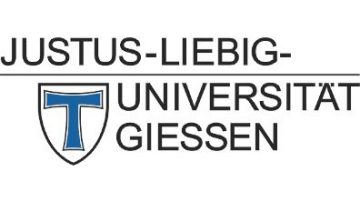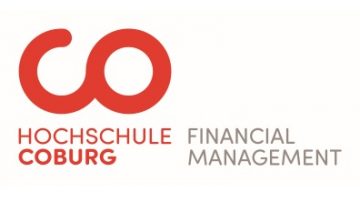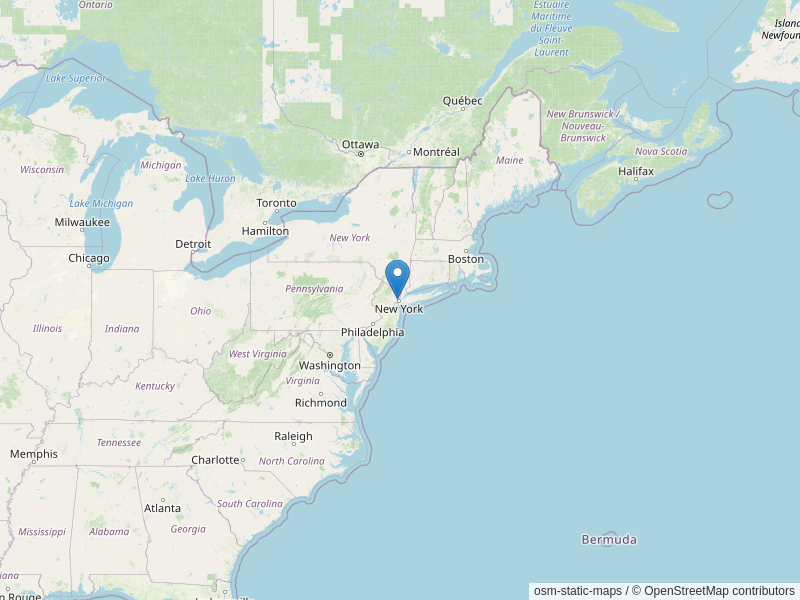Undergraduate

Good to Know
Getting an undergraduate degree in Germany will be a great experience but different than pursuing your education in the US. To make the transition easier, here are a couple of things to keep in mind:
- Bachelor degrees in Germany are typically three year programs, with only a few exceptions.
- In Germany, you select your specific subject area from the beginning, unlike at universities in the US where you can often postpone your decision on a major up until your junior year, for example.
- While many universities in Germany provide their Bachelor students with course requirements and schedules, there will nevertheless be a certain amount of independence required from you in managing your schedule and making sure you are taking all the right classes, since German students do not usually have academic advisors to help them with this.
In order to study in Germany, you will need to prove that you are qualified to enter the higher education system in Germany. In German, this is called the “Hochschulzugangsberechtigung (HZB)” and can be roughly translated as having a “university entrance qualification”. Basically, you need to show that your educational background allows you to study in Germany. Depending on which country you are from, a high-school diploma alone (like from the US) may not be sufficient to demonstrate you are qualified to study in Germany, meaning that universities may not recognize your high-school diploma as a sufficient qualification for study. Read on to familiarize yourself with the requirements you may need to fulfill.
First, find out if your university entrance qualification is recognized in Germany. Our entrance qualification database can help you with this.
There are several possible recognition outcomes, depending on your specific educational background:
- Together with other factors such as additional tests, GPA etc. (click here for details) you may qualify for “direct general admission”. This allows you to apply directly to a German higher education institution for academic studies in any subject area. In this case, your next step would be to find a study program that matches your interests. Click here for help on finding a study program.
- Despite having good results in several of the factors mentioned above, you may not fulfill all the requirements for direct general admission. Quite possibly, you will qualify for subject-restricted university admission instead.
- It is also possible that while you may not qualify for direct admission, you may qualify for “general admission to a preparatory course”. Click here for more information on preparatory courses.
- If you have already successfully completed one or two years of study at a US university (that is also recognized by Germany), this may possibly help to qualify you for admission to higher education in Germany.
Please note that DAAD is not responsible for making any decisions on university entrance qualifications. Please make sure to contact the international office at the universities that you are interested in attending for questions about qualifying for their programs. Click here for help on finding a program.
If you hold an IB high-school diploma (International Baccalaureate), you may qualify for direct admission at German universities. See here for a guide on the criteria an IB-diploma needs to fulfill in order for you to study in Germany.
For most degree programs, knowledge of German is a prerequisite for admission to German university. You can prove your German language proficiency by taking a language test, such as the TestDaF or DSH. Some universities also accept the Goethe Institut Certificates B2 and higher as proof of German skills for the initial application, and then require successful applicants to take an additional test prior to enrollment. Some universities do not ask for proof of German language proficiency if you plan on studying there for only one or two semesters. Make sure to contact the international office of the university you are planning on applying to for details on language test requirements.
You do not need to know German if you intend on enrolling in an international degree program. Currently, most international degree programs are offered on the graduate level, but there are also programs offered in English on the undergraduate level. Please note, if databases indicate “German and English”, it means that you will have to prove proficiency in both languages, because the curriculum consists of required courses in German and in English.
Click here for more information on German language skills requirements.
Uni-assist e.V. is the “University Application Service for International Students.” Uni-assist processes applications from international students on behalf of most German universities. You can find a list of all member universities on the Bachelor’s level here. If the university you are interested in applying to is not a member of Uni-assist e.V., please apply directly to the university.
Uni-assist e.V. performs a preliminary evaluation of your university entrance qualification materials by checking your certificates and documents to determine your grade equivalency to the German system. You will then be informed by Uni-assist e.V. on whether you qualify for direct general admission or subject-restricted admission (possibly in combination with a preparatory course).
Regardless of whether you apply through Uni-assist e.V. or to the university directly, please check each university for the required application documents and their application deadline. Most universities have an online application system, but they may still require that notarized copies or originals of certificates are sent to Germany. Uni-assist e.V. recommends sending all documents at least 8 weeks prior to the deadline. Click here for more information on Uni-assist e.V. and their application process.
The majority of universities in Germany are funded by the government. Bachelor and most Master programs at public universities are generally tuition free. Certain Master programs, e.g. professional degrees, might charge tuition; however, compared to other countries, these are still relatively affordable. Private institutions of higher education may charge higher tuition fees.
The federal state of Baden-Württemberg has however announced that it will begin charging tuition fees (for Bachelor’s, Master’s, Diplom and state examination degree programs) of €1,500 per semester for non-EU citizens beginning the winter semester of 2017/18. Doctoral candidates will not be subject to fees. Students who are already studying in Baden-Württemberg and have not graduated by the 2017/18 winter semester will not be required to pay tuition fees to complete their degree. DAAD scholarship holders who have received their letter of award on May 17th, 2017 or earlier – the day on which this new law took effect – will not be required to pay tuition fees either. Further, EPOS scholarship holders are exempt from tuition fees.
You can find detailed information on the degree programs and their costs here.
Students will have to pay a small service fee ranging from EUR 150 to EUR 300 per semester, depending on whether or not a student ticket to public transportation is included. Students in Germany also receive many benefits with their student ID, such as discounts for entertainment, cultural events and more.
Living expenses vary from city to city. On average, students will need to budget about EUR 800 per month to cover their cost of living. Unicum offers a cost calculator for various regions in Germany and breaks down expenses for you. For more information on living expenses, housing accommodations, and student life in general, click here.
To learn more about university fees, click here.
Please also note that as an international student in Germany, you will be required to show a certain amount of funds in order to obtain a student visa. Visit the German government website or a German consulate in your region for more information: www.germany.info.
Finding the Right Degree Program
For all available degree programs offered at German universities, you can check the DAAD database here, and also www.study-in-germany.de as well as www.hochschulkompass.de. If you would only like to see programs in English, visit the DAAD database for international degree programs here.
Please note that availability of English-taught programs may depend on the subject area. Also, keep in mind that even though you may choose to attend a program in English, you may still have to fulfill certain German language requirements. Make sure to contact the international office of the university you are planning on applying to for details.





